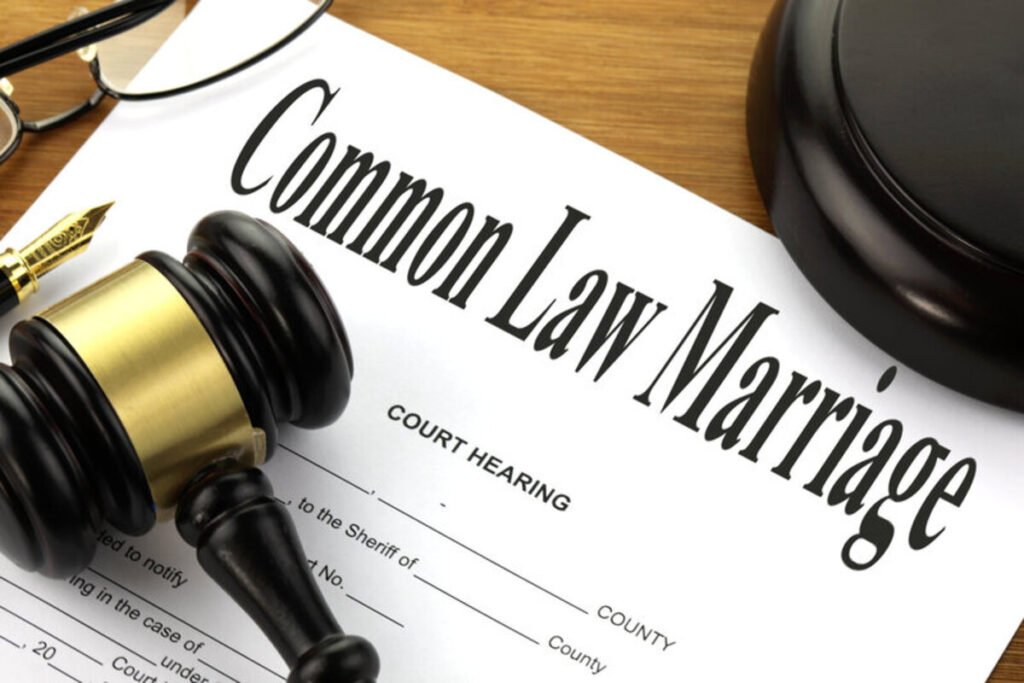
What Is Common-Law Marriage, Really?
Common-law marriage isn’t just “playing house”—it’s a legal reality in some jurisdictions that can carry the weight of a formal marriage, even without the paperwork, the ceremony, or the rings. In these relationships, couples live together and present themselves as married without ever saying “I do” before a judge or priest.
✅ But here’s the kicker: in some places, just living together long enough can mean you’re married in the eyes of the law—whether you like it or not.
If you are in this age range or older, your energy, metabolism, and overall well-being could be quietly declining. Don’t wait until symptoms appear.
⚖️ Where It’s Recognized — And Where It Isn’t
Common-law marriage isn’t universally accepted. In fact, only a handful of jurisdictions legally recognize it (and even then, with strict conditions).
🌎 Examples of places that recognize it (in some form):
Texas
Colorado
Alberta, Canada
South Africa
Parts of Australia
🚫 Places that don’t: Most U.S. states, the U.K., and many European countries do not recognize common-law marriage at all.
🧠 So, living together doesn’t mean you’re married—unless you meet specific legal criteria in a place that recognizes the concept.
💣 The Explosive Legal Consequences You Didn’t Expect
Here’s where things get real.
Even without a wedding or marriage license, a common-law relationship could entitle your partner to:
Property division
Spousal support
Inheritance rights
Debt liability
Imagine breaking up and suddenly discovering they have a legal claim to your assets—or worse, to half your house.
👉 This isn’t just about love. It’s about law.
💡 Signs That You Might Be in a Common-Law Marriage—Without Knowing It
You may think, “We’re just living together.” But the law may think otherwise.
📌 Common triggers that might qualify your relationship:
Living together for a set number of years
Joint bank accounts or financial entanglements
Introducing each other as spouses
Sharing a lease, mortgage, or home title
Having children together and co-parenting
If it walks like a marriage and talks like a marriage… it might be a marriage.
❤️ The Emotional Trap: Love vs. Legal Reality
Many couples choose common-law relationships to avoid the legal baggage of marriage. But ironically, the very thing they’re trying to escape can come crashing down on them.
💬 “We didn’t want anything official.”
👩⚖️ The law: “Too bad. You’re married now.”
👉 Love doesn’t protect you from the law. If you’re not informed, you’re vulnerable.
🧭 How to Protect Yourself—Before It’s Too Late
Whether you’re in a common-law relationship or just cohabiting:
🛡️ Consider a cohabitation agreement — a legal document that defines what happens if the relationship ends.
📚 Know the laws in your area. You might think you’re “safe,” but ignorance isn’t a legal defense.
📂 Document everything. What’s shared? What’s separate? Who pays for what? Clarity today prevents chaos tomorrow.
🧨 The Bottom Line: Don’t Gamble With Your Future
Common-law marriage can feel informal, even romantic in its rebellion against tradition—but the legal reality is anything but casual.
💥 Whether you’re looking for freedom, avoiding commitment, or just unaware of the risks, this relationship style deserves the same scrutiny and respect as a legal marriage—because in the eyes of the law, it just might be one.
Discover More of Technology Splendor: Explore Our Other Sites
Health Fuels Everything
Energy, clarity, and balance are the foundation of every dream. Without health, wealth loses its shine and relationships lose their spark. Discover strategies to strengthen your body, sharpen your mind, and energize your spirit.
Discover Your Integral HealthBuild Wealth Through Online Business
Online business is no longer just a trend—it’s the smartest path to lasting wealth and freedom. Discover the proven strategies, tools, and mindset that transform digital opportunities into real financial success. Start today and unlock your future in the digital economy.
Start Building Wealth
